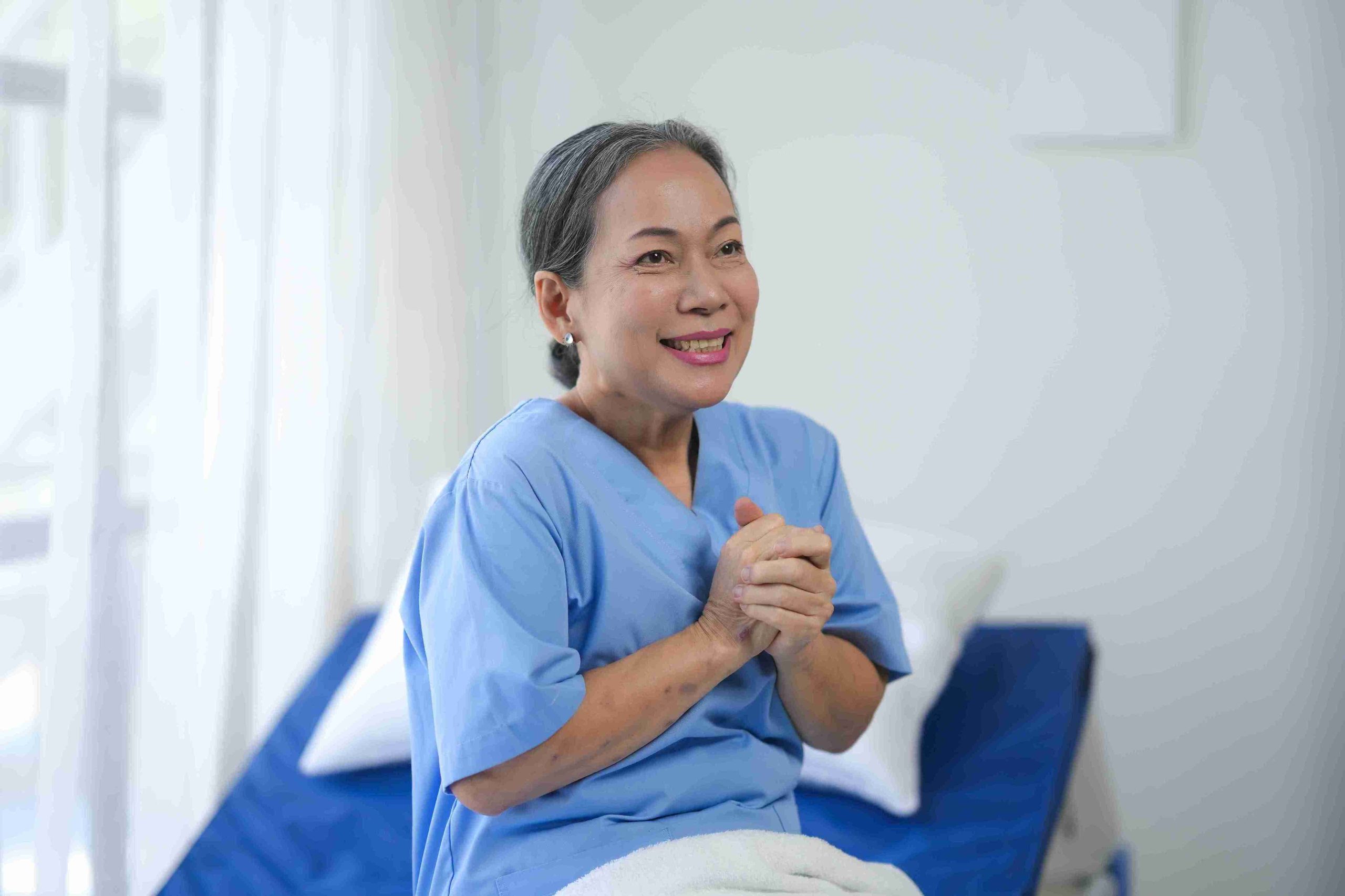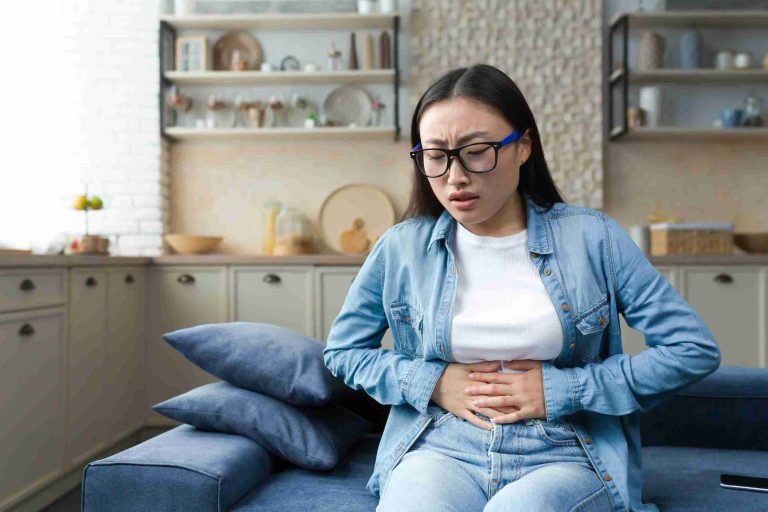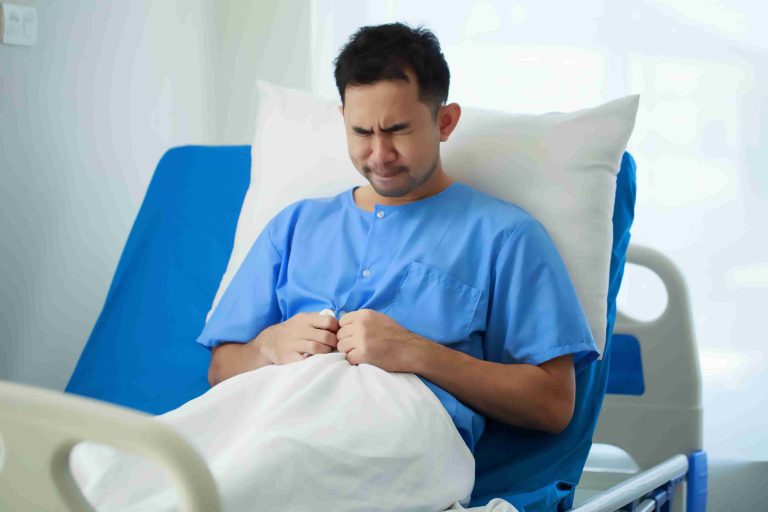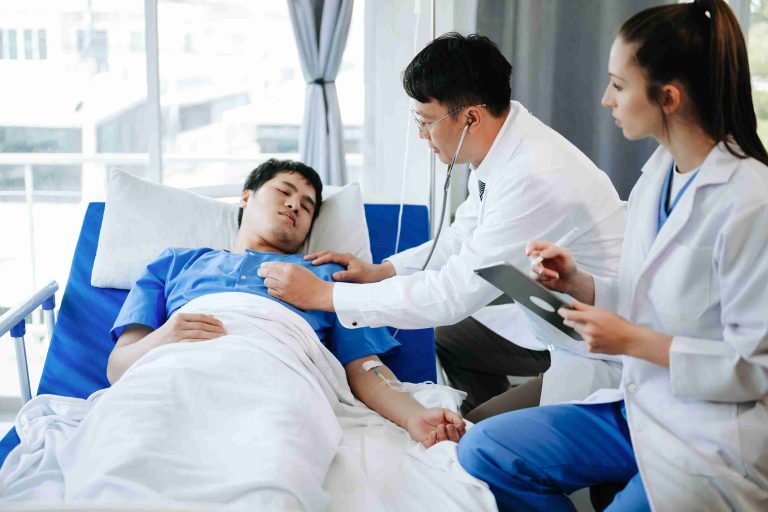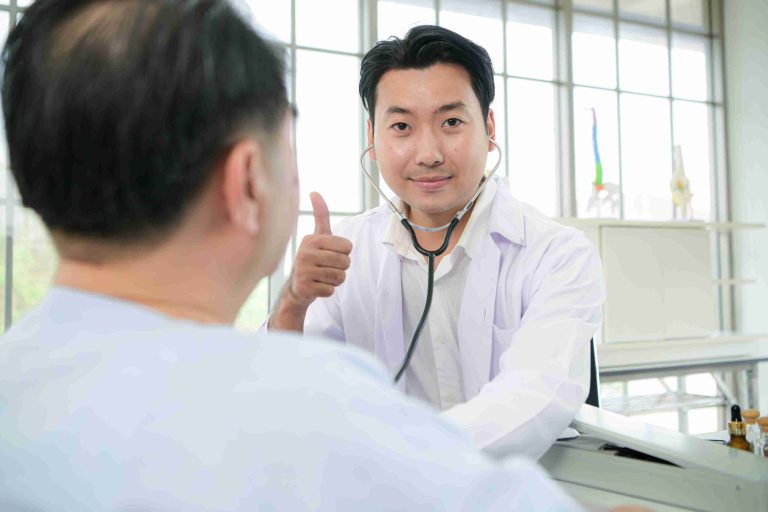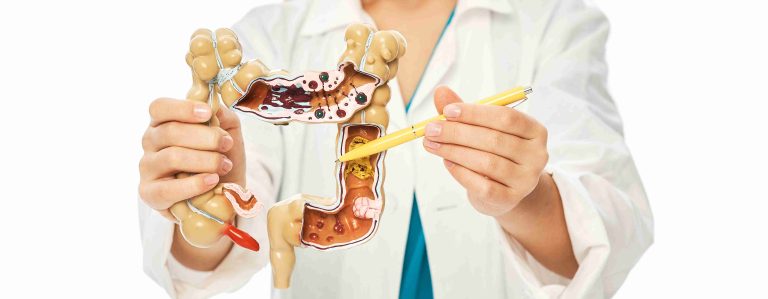A colonoscopy is a routine medical procedure that allows doctors to examine the inside of your colon for any abnormalities, such as polyps, inflammation, or signs of cancer. While the procedure itself is relatively quick and minimally invasive, proper recovery afterward is essential to ensure a smooth healing process and avoid complications.
If you have recently undergone a colonoscopy or are scheduled for one, understanding the dos and don’ts during your recovery can help you recover safely and efficiently.
What to Expect After a Colonoscopy
After a colonoscopy, you may feel a little groggy, bloated, or crampy as the sedation begins to wear off. Most patients are able to go home the same day, but it’s essential to follow specific guidelines to ensure a smooth recovery.
The recovery process typically involves a period of rest and monitoring. It’s common for patients to experience mild side effects such as gas, bloating, or a slight sore throat if the procedure involved the use of air or a tube. In rare cases, more serious complications such as bleeding or infection may occur, which is why it’s important to follow your doctor’s aftercare instructions carefully.
Dos: What to Do After a Colonoscopy
1. Rest and Take It Easy
After your colonoscopy, it’s essential to take it easy for the rest of the day. The sedatives used during the procedure may leave you feeling drowsy, so rest is vital. Avoid any strenuous activities, such as exercise or heavy lifting, for at least 24 hours. This will help your body recover from the sedatives and allow your digestive system to return to normal.
2. Stay Hydrated
The preparation for a colonoscopy typically involves fasting and consuming a bowel-cleansing solution, which can lead to dehydration. After the procedure, it’s crucial to rehydrate by drinking plenty of fluids. Opt for water, clear broths, or electrolyte-replenishing drinks. Staying hydrated will help replenish lost fluids and promote healthy digestion.
3. Eat Light, Easily Digestible Foods
After a colonoscopy, your digestive system may still be sensitive. It’s recommended to start with light, easily digestible foods, such as clear liquids, soup, toast, or crackers. Gradually reintroduce solid foods, but avoid anything too heavy or greasy for the first 24 to 48 hours. Foods like bananas, rice, applesauce, and toast (the BRAT diet) can be good choices to help ease your stomach back into its normal rhythm.
4. Follow Post-Procedure Instructions
Your healthcare provider will give you specific instructions on how to care for yourself after a colonoscopy. This may include guidelines for medications, when to resume normal activities, and any signs of complications to watch out for. It’s important to follow these instructions closely to reduce the risk of post-procedure issues, such as infection or excessive bleeding.
5. Take Pain Relievers as Directed
If you experience mild discomfort, such as bloating or cramps, your doctor may recommend taking over-the-counter pain relievers like acetaminophen. Be sure to avoid aspirin or nonsteroidal anti-inflammatory drugs (NSAIDs) like ibuprofen, as they may increase the risk of bleeding. If you are unsure about which medications to take, consult your doctor before using anything.
6. Monitor for Any Signs of Complications
While complications from a colonoscopy are rare, it’s essential to be vigilant during the recovery period. Watch for signs of infection, bleeding, or severe pain, such as:
- Persistent abdominal pain or cramping
- Rectal bleeding that doesn’t stop
- Fever or chills
- Dizziness or fainting
If you experience any of these symptoms, contact your healthcare provider immediately. Timely intervention is key to addressing potential complications early.
Don’ts: What to Avoid After a Colonoscopy
1. Don’t Drive or Operate Machinery
Due to the sedatives used during the colonoscopy, you should not drive or operate heavy machinery for at least 24 hours after the procedure. The sedatives can impair your reflexes and judgment, increasing the risk of accidents. Make sure you arrange for a ride home after the procedure, and plan to stay off the road for the rest of the day.
2. Avoid Alcohol
It’s essential to avoid consuming alcohol for at least 24 hours after a colonoscopy. Alcohol can interact with the sedatives used during the procedure and may increase the risk of side effects such as dizziness or dehydration. It’s best to give your body time to recover before reintroducing alcohol into your system.
3. Don’t Engage in Strenuous Activity
As mentioned earlier, strenuous physical activity should be avoided for at least 24 hours after the procedure. This includes activities like heavy lifting, running, or intense exercise. Engaging in strenuous activities too soon after a colonoscopy can strain your body and potentially lead to complications, such as excessive bleeding or injury to the colon.
4. Don’t Ignore Any Unusual Symptoms
While mild cramping and bloating are common after a colonoscopy, any unusual or severe symptoms should not be ignored. As mentioned earlier, symptoms like persistent bleeding, intense pain, fever, or dizziness require immediate medical attention. By addressing any unusual symptoms promptly, you can avoid more serious health risks and ensure a safe recovery.
5. Avoid Eating Certain Foods Immediately After the Procedure
Although you can gradually reintroduce solid foods after a colonoscopy, certain foods should be avoided in the first few days. These include high-fiber foods, such as raw vegetables, nuts, seeds, and whole grains, which can irritate the digestive tract and lead to discomfort. Avoid spicy, greasy, or fatty foods as well, as they can also cause digestive upset.
When to Contact Your Doctor
While most people recover from a colonoscopy without any problems, there are some situations in which it’s important to contact your healthcare provider. You should reach out to your doctor if:
- You experience significant or prolonged abdominal pain
- You notice large amounts of bleeding from your rectum (more than a small amount of blood or spotting)
- You develop a fever over 101°F (38.3°C)
- You feel lightheaded, dizzy, or faint
- You have trouble swallowing or breathing
These signs could indicate a complication that requires immediate attention. Early intervention can help prevent more severe problems and allow for quicker recovery.
Conclusion
Recovery after a colonoscopy is typically straightforward, but taking the right precautions is key to ensuring a smooth healing process. By following the dos and don’ts outlined above, you can help minimize your risk of complications, reduce discomfort, and get back to your daily activities as soon as possible. Always remember to listen to your body, rest when needed, and consult your doctor if you experience any unusual symptoms.
